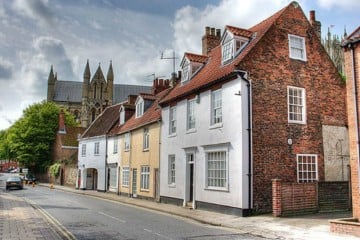"It’s important to be as accurate as you can when getting a quote for unoccupied home insurance. The length of time the property will be unoccupied for can affect your costs, as does the date the property will be occupied from.
If you’re unsure about any of this, don’t guess. Your quote won’t be accurate and you may not have the cover you need for your unoccupied home. Instead, you may need to get quotes from providers who can offer dedicated unoccupied house insurance."







